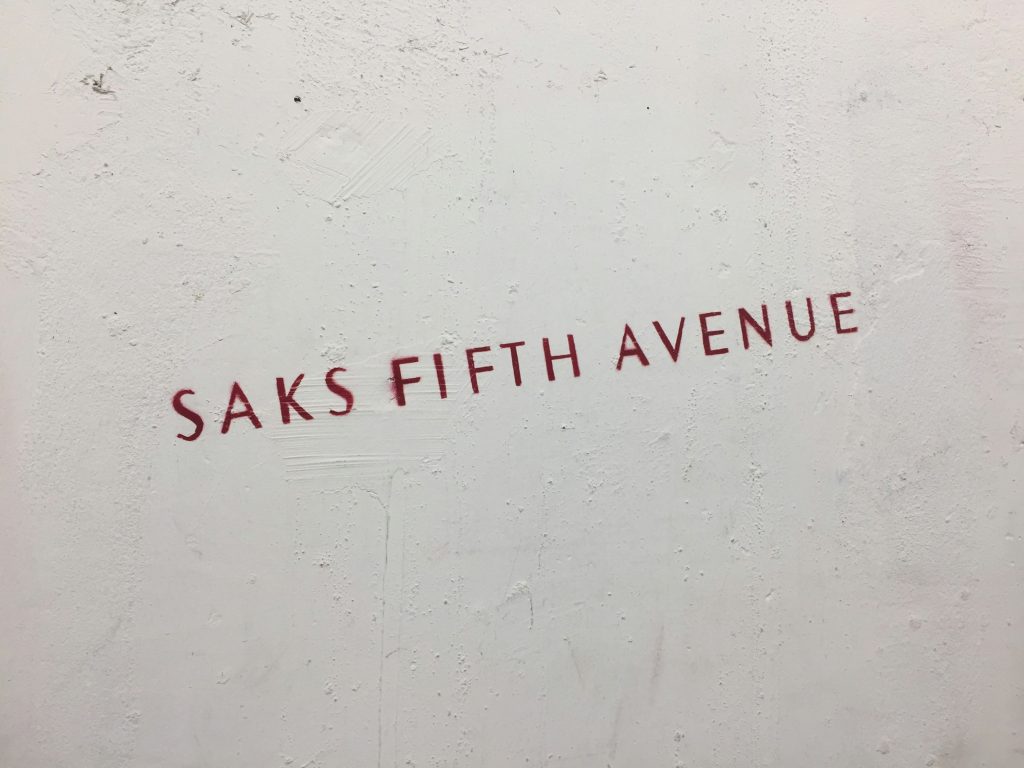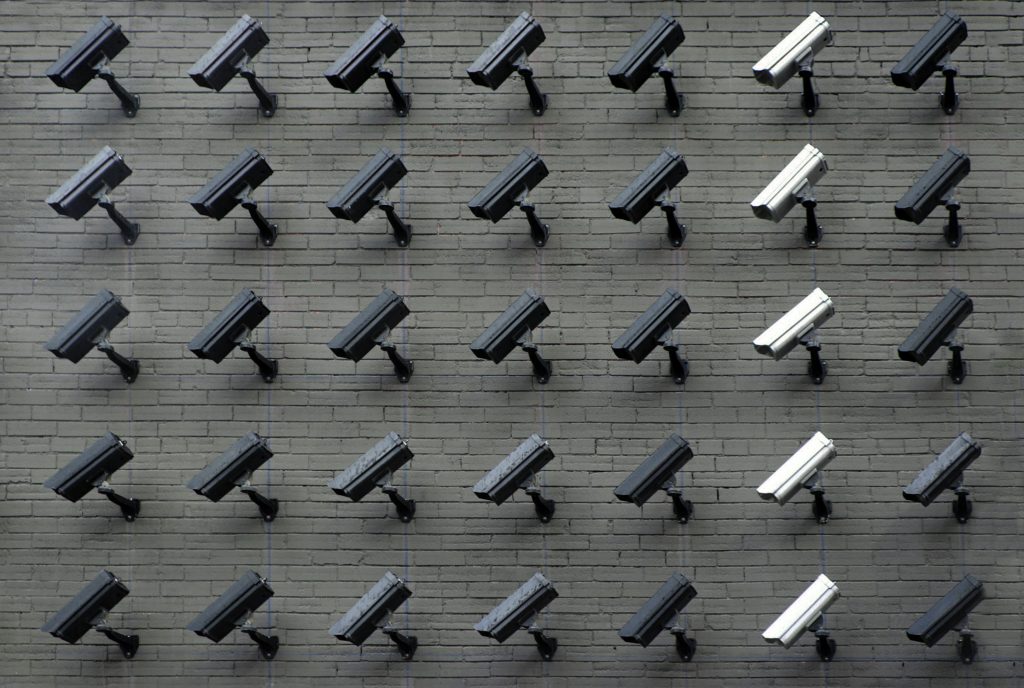Epic Games v. Apple: Taking on Big Brother
PDF Available
By Marcel Ruzan*
When Apple Computers released its infamous “1984” commercial during Super Bowl XVIII it was intended to be symbolic of Apple taking on the proverbial “Big Brother” that the established giants of the tech industry represented. Thirty-seven years and over a trillion dollars in revenue later, Apple has gone from the plucky underdog to a technology behemoth that is the most valuable company on the planet.[1] Apple’s success comes from its stellar brand loyalty with consumers, and its consistent, easy-to-use software that people of all ages feel comfortable using.
Part of the comfort comes from the closed nature of the App Store on iOS compared to the open and more blurry nature of Android’s various app stores and downloading methods. The only way to download apps onto the iPhone or iPad is through Apple’s App Store, which is tightly controlled by the folks at Apple, subjecting apps to rigorous checks and scrutiny. For all this work Apple claims to do in exchange for access to the iOS ecosystem and over a billion users, software developers are required to pay what has been unofficially dubbed “The Apple Tax” which is a 30% cut of all in-app sales that occur.[2]
The App Store, the closed nature of iOS, and the Apple Tax have ruffled the feathers of developers for years, but on August 13, 2020, everything was shaken up. Epic Games, the creators of the video game Fortnite, implemented its own in-app payment method within the mobile version of Fortnite that bypassed Apple’s payment system and avoided the Apple Tax.[3] When Apple removed Fortnite from the App Store, in accordance with the policies that Epic Games agreed to, Epic surprised Apple and retaliated with a sixty-five page lawsuit and released a video called “Nineteen Eighty-Fortnite” which was an obvious parody of Apple’s 1984.[4] It was clear that Epic intended to be removed from the App Store due to the immediacy of the lawsuit and the PR campaign that followed. Epic claimed that Apple violated the Sherman Act and the California Unfair Competition Law because it “unlawfully maintains a total monopoly in the iOS App Distribution Market” and filed ten total claims against Apple.[5] California’s UCL has a lower bar for remedies that allow claims to be brought on general unfair practices, and does not require a monopoly for courts to act.[6] The California UCL looks for “any unlawful, unfair, or fraudulent business act or practice” and a practice may be deemed unfair even if it is not prohibited by other antitrust laws.[7]
A challenging aspect about claiming Apple is a monopoly, is that Epic needed to define the market that Apple was monopolizing, and ultimately Epic lost that battle. Epic tried and failed to prove that Apple was an illegal monopolist in control of the iOS platform as a whole, and the payment processing system within iOS.[8] The court determined that Epic failed to meet the burden of establishing the relevant market and that “digital mobile gaming transactions” was the correct market for this claim.[9] To meet the burden, Epic needed to show that new rivals are being prevented from entering the defined market and that existing rivals lack the ability to expand their output which could challenge the defendant’s high price.[10] District Court Judge Yvonne Gonzalez Rodgers wrote that Epic overreached in its claims and market definition, and this caused the trial record to not be “as fulsome with respect to antitrust conduct in the relevant markets as it could have been.”[11] At multiple points during her opinion, Judge Yvonne Gonzalez Rodgers points to anti-competitive activities Apple is conducting but states that it does not rise to the level of monopolistic behavior because Epic could not meet the burden.[12] It was noted that Sony, Microsoft, and Nvidia each entering into the mobile gaming submarket in recent years shows that the submarket is dynamic and currently evolving.[13] Judge Yvonne Gonzalez Rodgers was extremely skeptical of Epic’s motivations because she noted that Epic had already penetrated and dominated other video game markets, and also noted that Epic viewed Apple as an impediment to the mobile gaming market.[14]
One of the most controversial App Store policies, which was a part of the lawsuit and the only claim out of the ten that Epic won, is the Anti-Steering provision. This provision prevented developers from not only providing an in-app option to purchase the content off the app but also prevented developers from even telling consumers that the option existed.[15] For example, Netflix could offer subscriptions through the iOS app, be forced to give up that 30% cut, and would be unable to inform their consumers that they could have subscribed through the website. At the time of writing, the Netflix prices are the same on the iOS app as they are on the website, so it does not seem massively detrimental. Yet if Netflix had offered a discount through the website subscription option, they would not be able to tell consumers in the app about those savings. The court determined that the Anti-Steering provision was anticompetitive, and that Apple had no real justification for the behavior.[16] Apple was required to eliminate that provision from the App Store agreement, with the court stating that it will “increase competition, increase transparency, increase consumer choice and information while preserving Apple’s iOS ecosystem which has procompetitive justifications.”[17]
At the conclusion of the trial, Judge Yvonne Gonzalez Rodgers stated that Apple’s enforcement of the Anti-Steering provision was anticompetitive under the California UCL, but concluded that it did not raise Apple to the level of a monopoly under the Sherman Act.[18] The court also determined that Epic had violated its App Store agreement with Apple and was required to pay damages for its breach of contract.[19] While Apple may have walked away from this trial without a monopoly label, the ruling was not exactly an endorsement of its practices. The Pandora’s box may still burst open if future lawsuits bring a more persuasive challenge, or if Epic is successful upon appeal. There is genuine concern that technology companies can spend decades and billions of dollars developing closed software only to be forced to open them up if they become too successful. If consumers flock to a closed system, especially in the current state of consumer data privacy, courts shouldn’t look to further “competition” at the cost of the security and privacy that a closed system provides. Only time, and multiple appeals, will tell if Apple remains the hero of the story, or if it becomes the Big Brother it feared.
*J.D. Candidate, Class of 2023, Arizona State University Sandra Day O’Connor College of Law.
[1] Jenna Ross, The Biggest Companies in the World in 2021, Visual Capitalist (June 10, 2021), https://www.visualcapitalist.com/the-biggest-companies-in-the-world-in-2021/.
[2] Adi Robertson, A Comprehensive Breakdown of the Epic v. Apple Ruling, The Verge (Sep. 12, 2021), https://www.theverge.com/2021/9/12/22667694/epic-v-apple-trial-fortnite-judge-yvonne-gonzalez-rogers-final-ruling-injunction-breakdown.
[3] Id.
[4] Id.
[5] Epic Games, Inc. v. Apple Inc., No. 4:20-cv-05640-YGR, 2021 U.S. Dist. LEXIS 172303, at *327-28 (N.D. Cal. Sep. 10, 2021).
[6] Cal. Bus. & Prof. Code § 17200.
[7] Epic Games, supra note 5, at *287.
[8] Id. at *11-12.
[9] Id. at *13.
[10] Rebel Oil Co. v. Atl. Richfield Co., 51 F.3d 1421, 1438-39 (9th Cir. 1995).
[11] Epic Games, supra note 5, at *327.
[12] Id. at *13.
[13] Id. at *231.
[14] Id. at *11-12.
[15] Robertson, supra note 2.
[16] Epic Games, supra note 5, at *327.
[17] Id. at *328.
[18] Id.
[19] Id. at *326.


